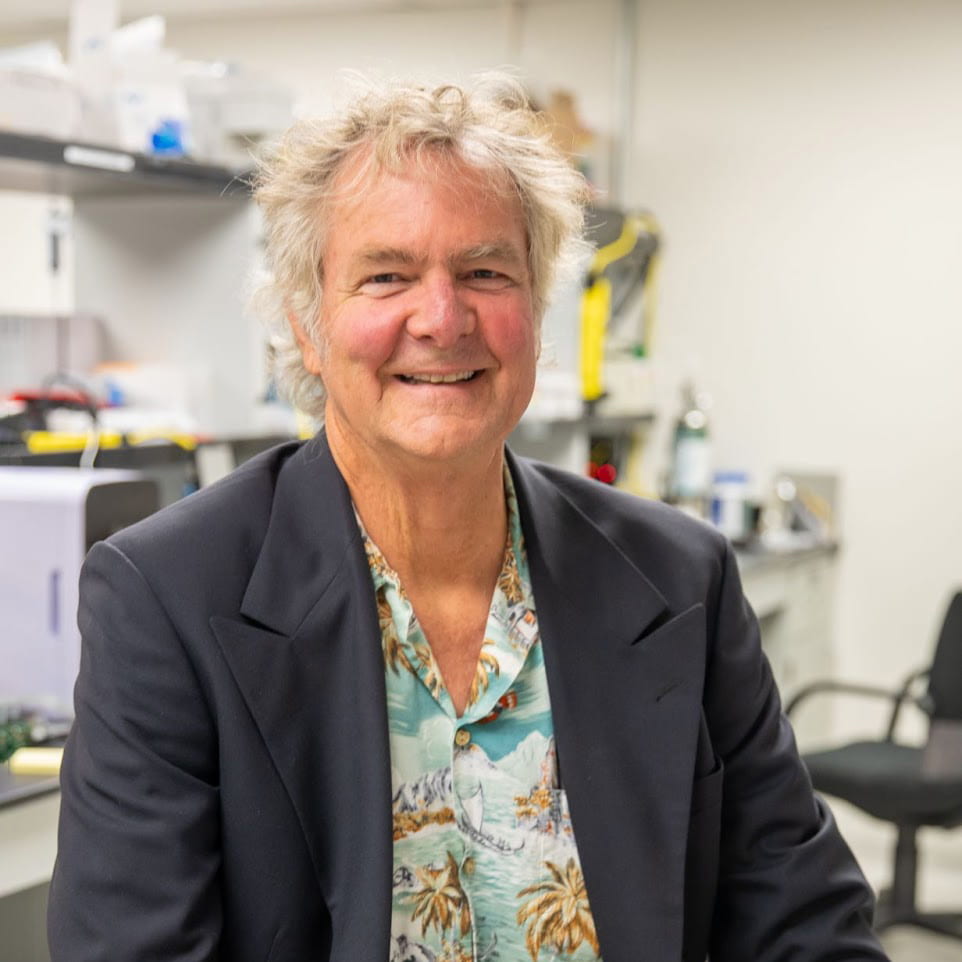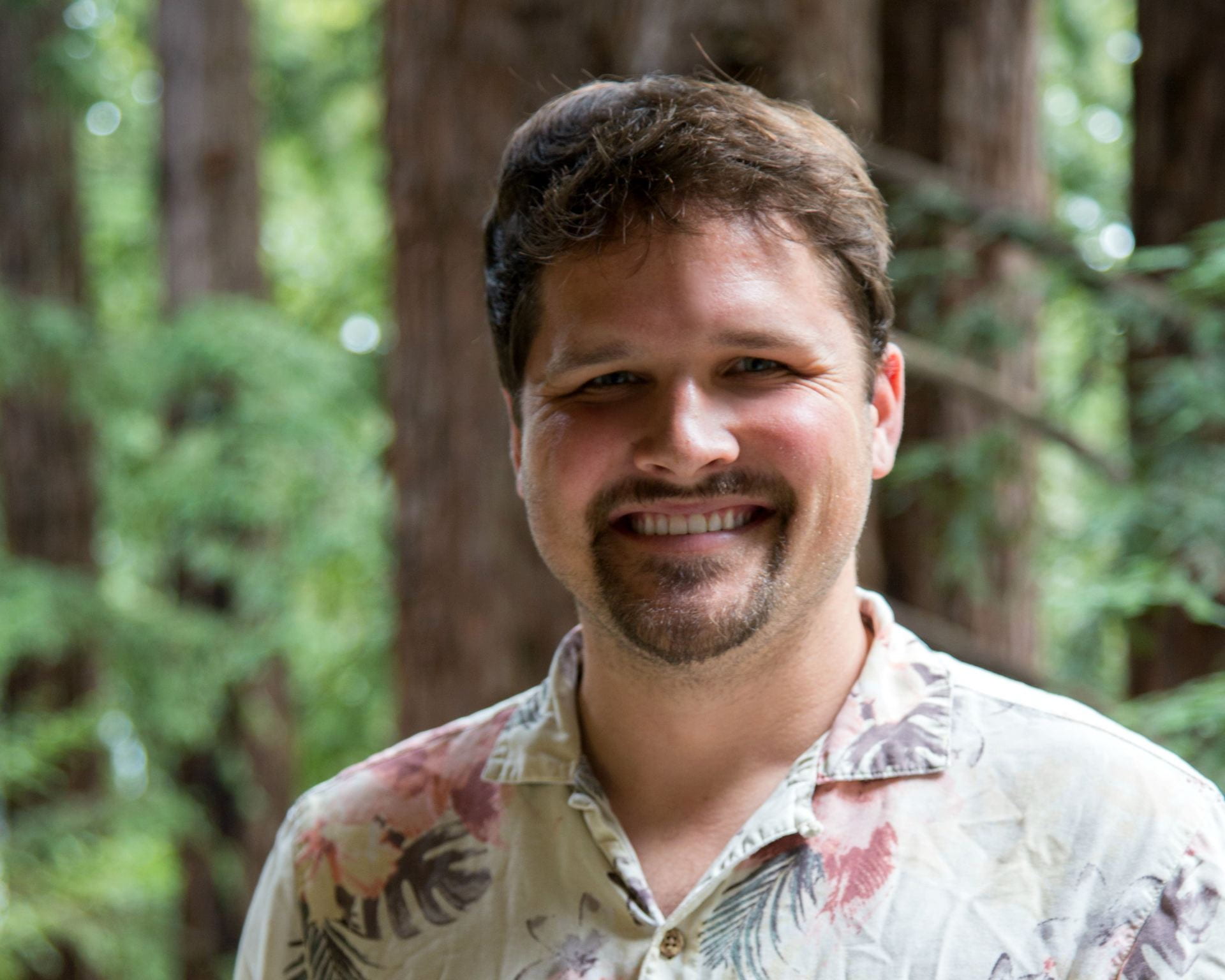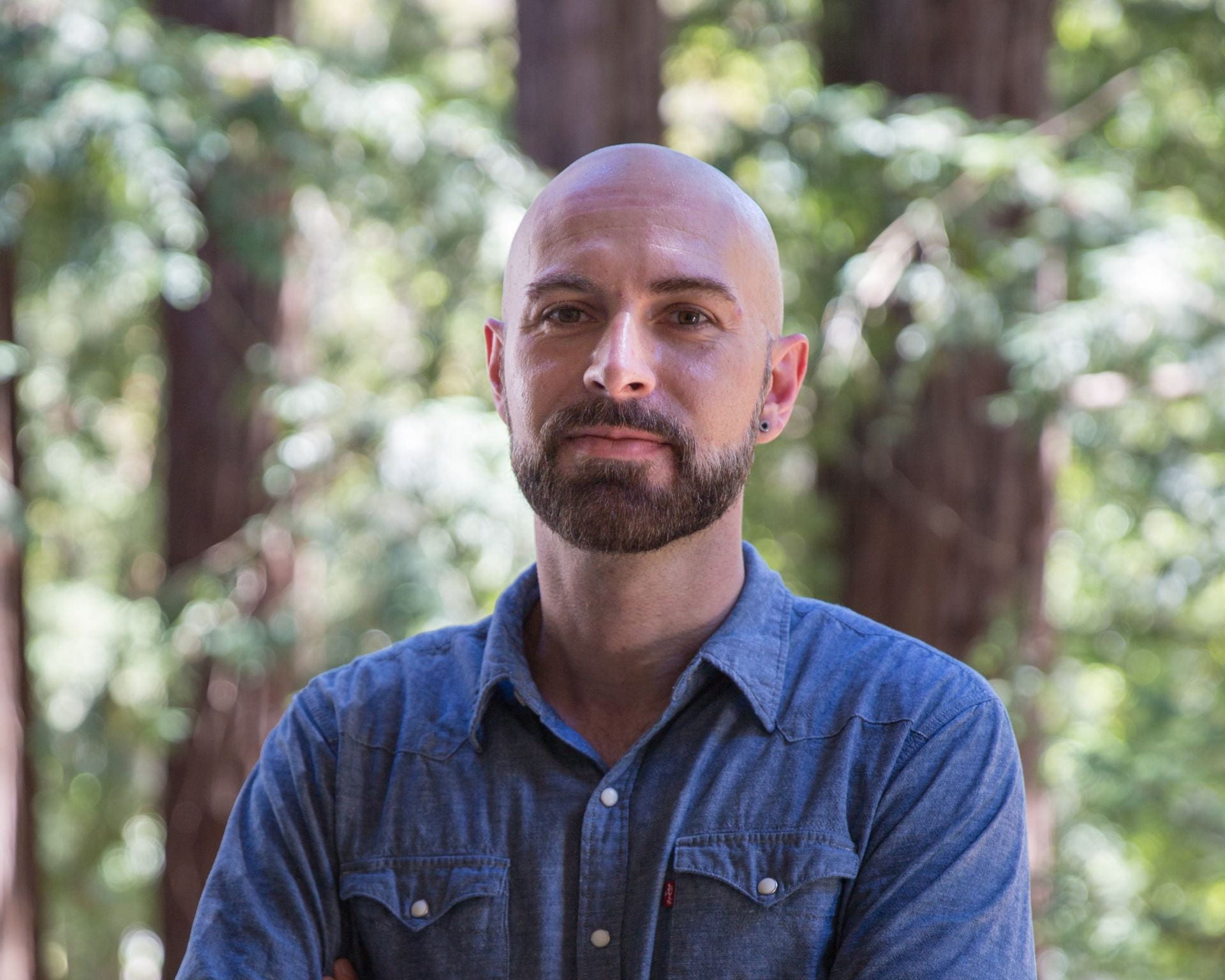
Annual Report 2022-23
Executive Summary

“This year, our institute co-lead a consortium to create a draft human pangenome – a better, more diverse reference for human genomic research that will reduce reference bias and open up new insights into human variation. It is hard to overstate just how monumental this will be for our field.”
– David Haussler
Scientific Director, Genomics Institute
Quick Numbers
$28.4M
In federal funding awards
$3.8M
In industry and non-profit funding awards
49.4K
Citations in 2022 and an overall h-index of 298
45
Affiliate faculty
6
Unique mentoring/ training programs to reduce barriers to STEM
1.2K
Animal genomes added to our Browser’s Genark genome system
240
Mammal genomes compared using our Cactus software tool
15M
Pathogen genomes visualized with phylogenetic trees
119 Billion
Bases added to the existing human
genome reference through the pangenome

“We are introducing more diversity and equity into the reference by sampling diverse human beings… One genome isn’t enough to represent everybody — the pangenome will ultimately be something that is inclusive and representative.”
– Benedict Paten
Associate Director for Computational Genomics UC Santa Cruz Genomics Institute
Top Headlines
Community Outreach
We are committed to educating the next generation of scientists, and making sure that genomic research careers are accessible to everyone. Our training programs and outreach events provide pathways to majors such as bioinformatics and bioengineering, and will develop a more robust pipeline of diverse learners into our undergraduate majors.

Research Mentoring Internship
(Undergraduate)

Bilingual Bioinformatics & Coding Short Course (Community College)

GREAT Summer Research Program (Undergraduate)

Bioinformatics Summer Bridge Program (Undergraduate)

Remote Project-Based Learning With Organoids (High School – Undergraduate)

Treehouse Undergraduate Bioinformatics Immersion
(Undergraduate)
Priorities for 2023/24
1
Understanding mechanisms of disease and developing strategies to improve human health
Use our strengths in data acquisition, data mining, data sharing, and technology development to improve the human reference genome and study neuropsychiatric disorders, cancer, and infectious disease. Continue our work with state and national public health agencies to bring the power of genomics to community and public health. Create a multidisciplinary Research Biosphere where genomic, epigenomic, transcriptomic, and other “omic” data can be combined with phenotype and other health-related data to greatly increase our understanding of biological systems, and empower breakthrough discoveries with critical impact on human health.
Using Conservation Genomics to Protect Our Planet
Use our strengths in data acquisition, data mining, data sharing, and technology development to improve the human reference genome and study neuropsychiatric disorders, cancer, and infectious disease. Continue our work with state and national public health agencies to bring the power of genomics to community and public health. Create a multidisciplinary Research Biosphere where genomic, epigenomic, transcriptomic, and other “omic” data can be combined with phenotype and other health-related data to greatly increase our understanding of biological systems, and empower breakthrough discoveries with critical impact on human health.
2
Leadership

David Haussler
Scientific Director

Russ Corbett-Detig
Associate Director for Pathogen Genomics

Lars Fehren-Shmitz
Associate Director for Genomics and Society

Lars Fehren-Shmitz
Associate Director for Genomics and Society

Karen Miga
Associate Director for Human Pangenomics

Benedict Paten
Associate Director for Computational Genomics

Beth Shapiro
Associate Director for Conservation Genomics

Sofie Salama
Faculty Director for Diversity

Lauren Linton
New Executive Director, 2023





